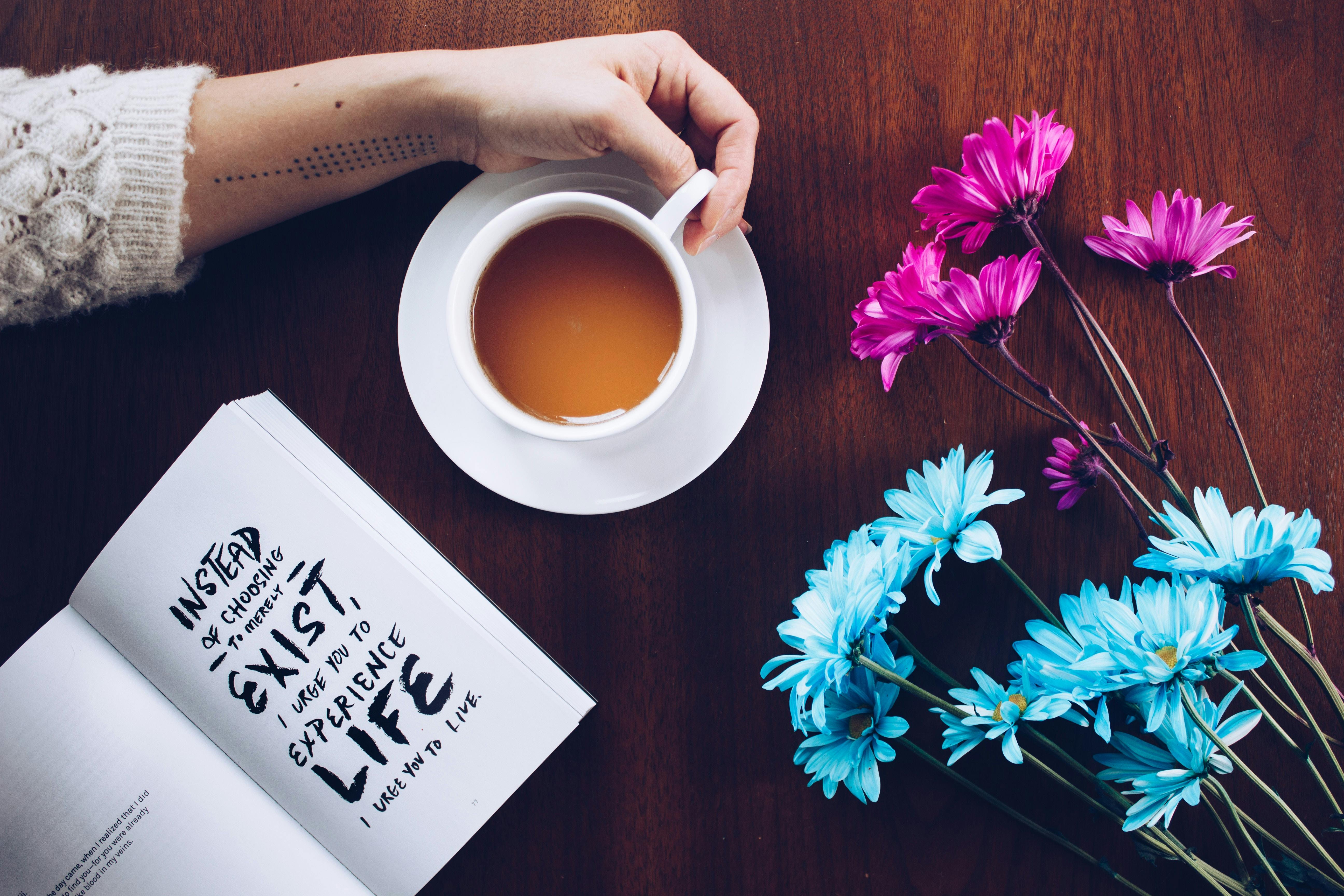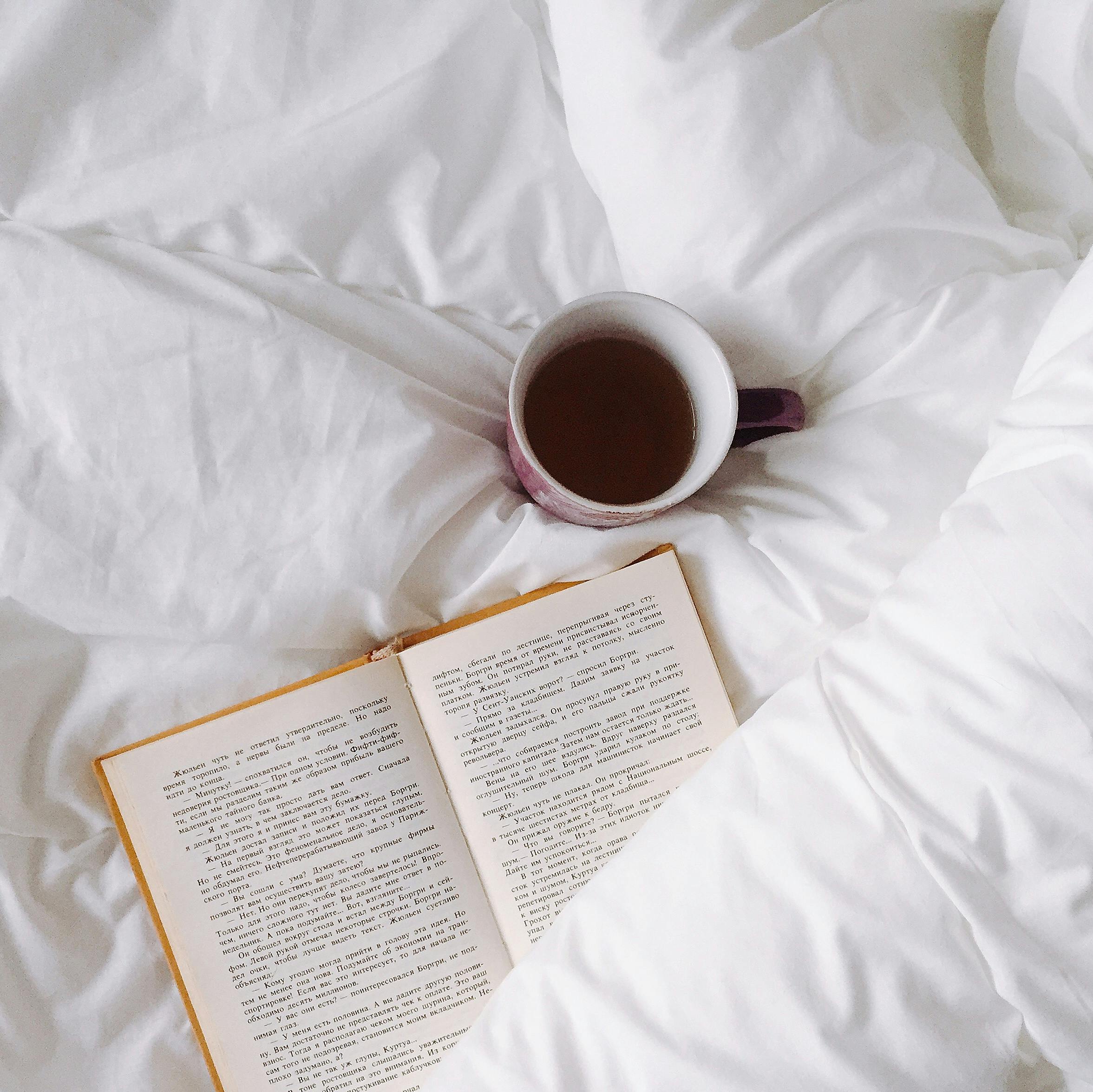Unsweetened tea is a widely enjoyed beverage, with many people opting for it as an alternative to sugary drinks. It is also known to contain caffeine, which can have both positive and negative effects on the body. In this article, we will discuss how much caffeine is in unsweet tea, where it comes from, and how to limit your intake of it.The amount of caffeine in unsweetened tea varies depending on the type of tea and the strength of the brew. Generally, a cup of black tea contains around 50 milligrams of caffeine, while green tea typically has around 35 milligrams per cup. Oolong and white teas usually contain less caffeine than black or green teas, with about 25 milligrams per cup.
Types of Teas With No Caffeine
There are several types of teas that are completely caffeine-free. These include herbal teas, such as chamomile, rooibos, and honeybush, as well as fruit tisanes, or herbal infusions. Herbal teas are typically made from flowers, leaves, roots, or seeds that have been dried and steeped in hot water. Fruit tisanes are made from the infusion of fruits such as apples, lemons, or oranges. All of these types of tea can provide a flavorful and refreshing beverage without the stimulation provided by caffeine.
In addition to herbal and fruit infusions, there are also decaffeinated versions of traditional caffeinated teas such as green tea and black tea. Decaffeinated tea is created by using a process known as water processing or solvent extraction to remove the caffeine from the tea leaves before they’re dried. This process does not remove all of the caffeine from the leaves but reduces it significantly so that it is considered a low-caffeine beverage.
Finally, many health food stores carry caffeine-free alternatives to traditional teas. These include blends made with ingredients like hibiscus flowers, peppermint leaves, and ginger root. These blends often contain herbs that have been used for centuries in traditional medicine for their health benefits. As with any type of tea or beverage it’s important to read the label carefully to make sure you know what you’re getting before you drink it.
Unsweet Tea vs Sweet Tea and Caffeine Content
Unsweet tea has no added sugar, but it still contains caffeine. Sweet tea is made by adding sugar to tea, so it does have more calories than unsweet tea. But when it comes to caffeine content, unsweet tea has more caffeine than sweet tea. The amount of caffeine in sweet tea will depend on how much sugar is added, but generally speaking, unsweet tea will contain more caffeine. Generally speaking, a cup of unsweet tea has about 40-50 milligrams of caffeine, while a cup of sweet tea contains around 20-30 milligrams. This means that unsweet tea is twice as caffeinated as sweet tea.
However, the amount of caffeine in both types of teas can vary greatly depending on the type of leaves used and the brewing method. Some types of teas contain more caffeine than others, so if you’re looking for a higher dose of caffeine then you should opt for stronger teas like black or green teas. And steeping time also affects the amount of caffeine in the drink—the longer you steep your tea, the more caffeine it will have!
Tea Variety
The amount of caffeine in unsweet tea can vary depending on the variety of tea used. Black teas, oolong teas, and green teas are all common varieties that contain caffeine. Among these, black tea has the highest caffeine content, followed by oolong and green teas. Additionally, herbal infusions such as rooibos and chamomile do not contain any caffeine.
Brewing Method
The brewing method used can also affect the amount of caffeine in unsweetened tea. Generally, using a higher temperature water for a longer brewing time will increase the amount of caffeine extracted from the leaves. For example, when making black tea, using boiling water and brewing for 3-5 minutes will yield a cup with higher levels of caffeine than if it was brewed in cooler water for shorter periods of time.
Amount of Tea Leaves Used
The amount of tea leaves used can also influence the amount of caffeine in unsweetened tea. Generally speaking, using more leaves will result in a stronger cup with more caffeine than if fewer leaves were used. It is important to use the correct ratio of leaves to water when brewing to ensure that the desired strength is achieved while not over-extracting the leaves and resulting in an overly bitter cup.
Benefits of Drinking Unsweet Tea
Unsweetened tea is one of the healthiest drinks out there. It can provide numerous benefits to your overall health and well-being. Some of these benefits include improved digestion, better hydration, and reduced risk of certain diseases. Here are a few reasons why you should start drinking unsweet tea.
One of the most important benefits of drinking unsweetened tea is improved digestion. Unsweetened tea contains polyphenols, which are known to help stimulate digestive enzymes and aid in digestion. This can help reduce bloating, gas, and other digestive issues.
Another benefit is better hydration. Unsweetened tea contains no added sugars or calories, so it’s a great choice for those looking to stay properly hydrated throughout the day. It also helps reduce your risk for dehydration during hot summer days or when you’re exercising for an extended period of time.
Finally, drinking unsweetened tea can reduce your risk for certain diseases such as heart disease and cancer. The antioxidants found in tea have been linked to a reduced risk for these types of illnesses, which means that consuming unsweetened tea on a regular basis can be beneficial for overall health and wellness.
In conclusion, there are many benefits to drinking unsweetened tea on a regular basis. From improved digestion to reduced risk for certain diseases, it’s easy to see why this beverage is so beneficial to your health and wellbeing. So if you’re looking for an easy way to improve your overall health, consider adding some unsweetened tea into your daily routine!

What Are the Side Effects of Drinking Too Much Unsweet Tea?
Drinking too much unsweet tea can result in adverse health effects. Excessive consumption of unsweet tea can lead to an electrolyte imbalance, which can cause symptoms such as fatigue, muscle cramps, nausea, headaches, and heart palpitations. Caffeine found in unsweet tea can also cause insomnia and restlessness if consumed in large amounts. Too much caffeine can also cause anxiety and irritability. Over-consumption of unsweet tea may also weaken bones due to its high levels of oxalate, a compound that binds to calcium and makes it difficult for the body to absorb. Drinking too much unsweet tea may also increase the risk of developing kidney stones due to its high levels of oxalates. Finally, drinking too much unsweet tea may lead to dehydration since it is a mild diuretic, which means it causes the body to lose more fluid than it takes in.
It is important to remember that everyone’s body responds differently to unsweet tea and that different types of teas contain different amounts of caffeine and other compounds. If you plan on drinking more than one cup of unsweet tea per day or if you experience any adverse side effects from drinking too much unsweet tea, it is recommended that you speak with your healthcare provider for further advice.
How to Choose the Right Type of Unsweet Tea for You
Unsweet tea is a great alternative to sugary drinks and can be enjoyed in many different varieties. Whether you’re looking for a refreshing hot beverage or something to cool you down on a hot day, unsweet tea offers something for everyone. But with so many types of unsweet tea available, it can be difficult to decide which one is right for you. Here are some tips on how to choose the right type of unsweet tea for you:
First, consider your taste preferences. Do you prefer a bold flavor or something lighter and more subtle? If you like strong flavors, look for teas made with robust black or green tea leaves. If you prefer more delicate flavors, opt for herbal infusions such as chamomile, rooibos, or mint. Additionally, think about what other ingredients you might enjoy in your tea—things like ginger, lemongrass, or citrus fruits.
Next, consider the health benefits of different types of unsweetened teas. Some teas are high in antioxidants and can help boost your immune system and reduce inflammation while others may provide calming effects that help with stress relief. Different types of teas can also aid in digestion and provide other health benefits such as increased energy levels and improved mental clarity.
Finally, think about how often you plan on drinking your tea. If it’s something you’ll be enjoying every day or multiple times per week, opt for a higher-quality loose leaf tea that will last longer than pre-packaged bags. On the other hand, if it’s something you only drink occasionally then pre-packaged bags might be more convenient.
By considering these factors when choosing an unsweetened tea variety, you can find one that perfectly suits your preferences and needs. From sweet herbal infusions to bold black teas, there’s an unsweetened option out there that’s perfect for everyone!
How to Make Your Own Unsweetened Iced Tea at Home
Making your own unsweetened iced tea at home is a great way to have a healthy beverage that tastes great. It’s also an easy and inexpensive way to enjoy a refreshing drink without all the added sugar or artificial sweeteners. All you need is some tea, water, and ice. Here’s how to make your own unsweetened iced tea:
Start by boiling some water in a pot on the stove. While the water is boiling, measure out how much tea you would like to use. Generally, one teaspoon of loose-leaf tea per 8 ounces of water is a good ratio. Once the water has come to a boil, add the tea leaves into the pot and allow them to steep for about 5 minutes. After the 5 minutes are up, remove the tea leaves from the pot and discard them.
Next, pour the brewed tea into a pitcher or bowl that has been filled with ice. Stir until all of the ice has melted and allow it to cool down for about 10 minutes before serving. If you want to add any additional flavorings such as lemon or mint leaves, now is the time to do so.
Once your unsweetened iced tea has cooled down enough, pour it into glasses and enjoy! You can also store any leftover iced tea in an airtight container in your refrigerator for up to two days. This homemade unsweetened iced tea makes for a refreshing summertime beverage that can be enjoyed by all!

Conclusion
Unsweet tea is a low-calorie drink option with a moderate amount of caffeine. The amount of caffeine can vary depending on the method used to make the tea, but generally 8 ounces of unsweet tea contains between 14 and 70 milligrams of caffeine.
Caffeine can have some health benefits when consumed in moderation, such as improved alertness and focus. However, too much caffeine can lead to negative side effects such as headaches, insomnia, and restlessness. It is important to be aware of how much caffeine is in unsweet tea so that you can make an informed decision about how much and how often to consume it.
In conclusion, unsweet tea is a healthy beverage choice with a moderate level of caffeine that can provide some benefits when consumed in moderation. Knowing the amount of caffeine in your tea will help you to make an informed decision about how much to drink and when.
